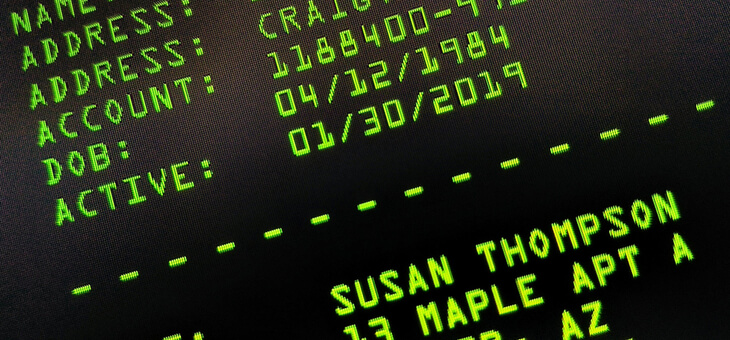Have you ever received an obviously fake phone call from what seemed like a legitimate phone number? Were you aware that your phone number could be used in that way to target others?
The practice is called ‘call spoofing’ and it is on the rise, but there are ways that you can protect yourself from being sucked in by a scammer.
What is call spoofing?
A phone scammer is able to disguise the real number they are calling from to look like a legitimate phone number.
Read: How to add proof of COVID vaccinations to your device
There are a variety of methods scammers can use to disguise their number. They will either ‘overstamp’ a legitimate number over their actual calling location or sometimes ‘overstamp’ a specific contact name such as the Australian Taxation Office or the Australian Federal Police.
While you may be wary of calls that come through from private or blocked numbers, you may be more willing to answer a call that comes through from one of these organisations.
The scammers also do everything possible to make the number look more like one that you will want to answer. They do this by choosing one of two techniques – using ‘number neighbours’ or ‘number reflection’.
Read: How to save on your mobile phone plan
Number neighbours are where the scammers will call from a number that is close to your mobile phone number. For example, if you phone number was 0400 123 456, they might call from 0400 123 455 to increase the chances you will answer the call.
Number reflection is a technique where the scammer is able to make it appear as though the call is coming from your own phone.
Sometimes the overstamping of a phone number is perfectly legal. For example, an Australian company that operates an overseas call centre may overstamp their calls (which originate from overseas) with an Australian number so that you identify this number and return a call.
Read: Bank to offer discount broadband service
How you can protect yourself
Beware of suspicious calls and note that most trusted institutions, including banks, will never ask you to provide financial details over the phone. Never send money or gift cards, or give out your credit card or bank details.
Scammers may threaten you with a fine, telephone disconnection, legal costs or sometimes suggest you will be arrested or deported.
If you receive a suspected scam call, you should:
- hang up, then check if their story is real by calling the actual organisation
- never give out any personal or financial information
- contact your telco to seek assistance
- report the scam to ACCC’s Scamwatch
- report the scam to ReportCyber
- if bank fraud has been committed, report it to your bank or financial institution immediately and also to the police.
What to do if your number is spoofed?
If you get calls from people saying your number is showing up on their caller ID, it’s likely that your number has been maliciously spoofed.
If you believe that your number has been spoofed by a scammer, the Australian Communications and Media Authority (ACMA) says that you should contact your telecommunications company immediately.
You should not answer any calls from unknown numbers and you can also place a message on your voicemail to alert callers that your number has been maliciously spoofed.
Have you ever had your number stolen by a scammer? How many annoying phone calls did you receive? Why not share your experience in the comments section below?
If you enjoy our content, don’t keep it to yourself. Share our free eNews with your friends and encourage them to sign up.

